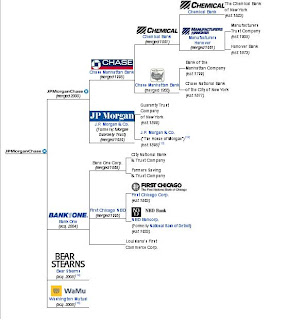"If Hitler invaded hell I would make at least a favorable reference to the devil in the House of Commons. "
Those peculiarities, in my opinion, are a sublime way of outlining the importance of certain things, and I discovered today, that Alistair Darling, our notorious Chancellor of the Exchequer, who, now is the man calling the shots in the banking sector after nationalizing a number of banks, like the Royal Bank of Scotland, once the 5th largest bank in the world in assets, today is 60% nationalized. Based on the UK bailout of £500Bn , and with the British government leading by example, with the EU and the US structuring similar bailouts, it seems Mr. Darling is the leading figure to be the savior of the world economy, even if this will only be proven by history.
Anyway, the economy, should be the focal point of any government, and back to those "peculiarities", that's how the English show how truly they believe that. Get this:
The Chancellor, delivering his Budget, is the only person allowed to drink alcohol in the Chamber.
Now, personally, I think this is a recognition of the importance of the man's job, and how important it. is. Although the funny thing about this year's budget, is that the only man allowed to drink in the chamber, has imposed higher taxes on alcohol.

Deliciously English sarcasm.
Anyway, the British are the ones who invented Value Added Tax (VAT) , which, in simple terms, instead of taxing every entity and middle man between producer and consumer- just tax the end product- i.e. impose the tax on the goods being sold, and let the consumer pay the tax. This may sound a little counter intuitive, but actually this will cause companies and producers to cut their prices. Why, because, well, the government, to encourage businesses and help them flourish, will lower their tax the more business and production they make. But the money has to come from somewhere, so, just tax the consumer. The consumer anyway is the one using most of the government service, and well, what difference does it make as long as the price stays the same? i.e. By moving the tax from producer to consumer, the government helped the economy grow, but by keeping (or increasing slightly) the money it gets from tax. That's also a similar strategy to the never ending debate that rich people seem to pay less taxes on average, and that if people have more money and liquidity, they will tend to invest more, and the money will be re-invested in the economy.
They don't do that. They move to sunny countries. So, My darling Alistair, creates more stealth taxes for me to pay at the pub.






